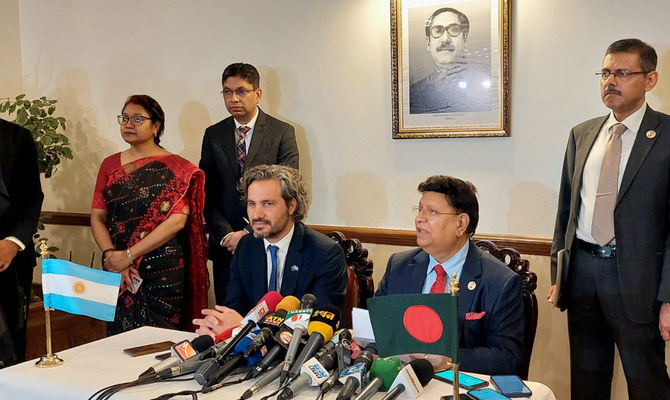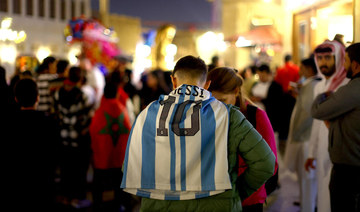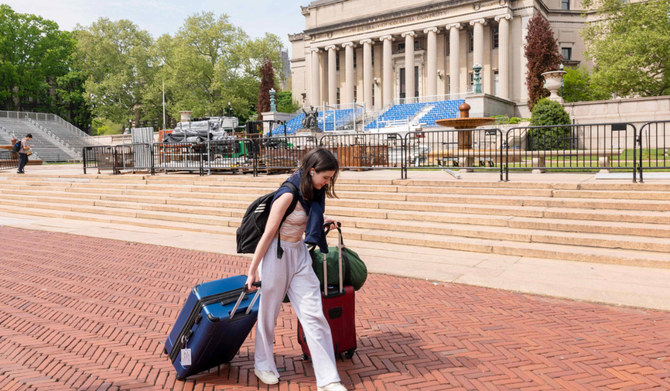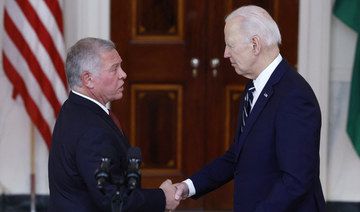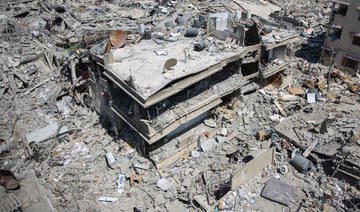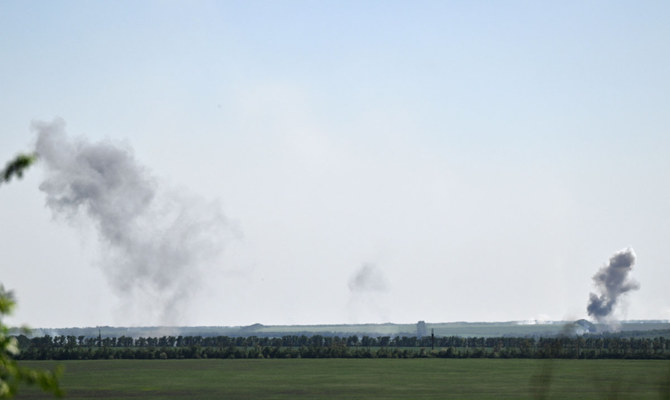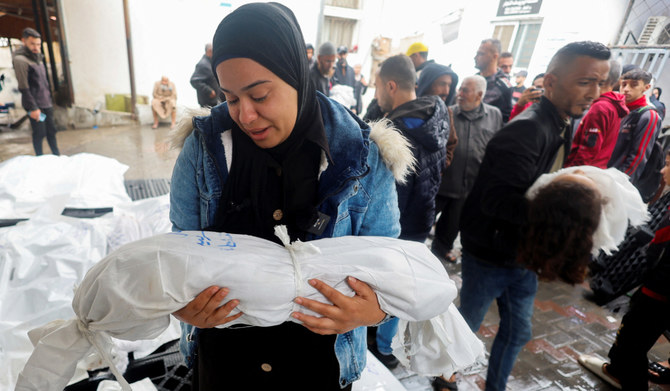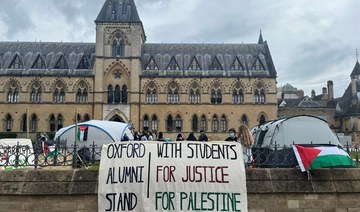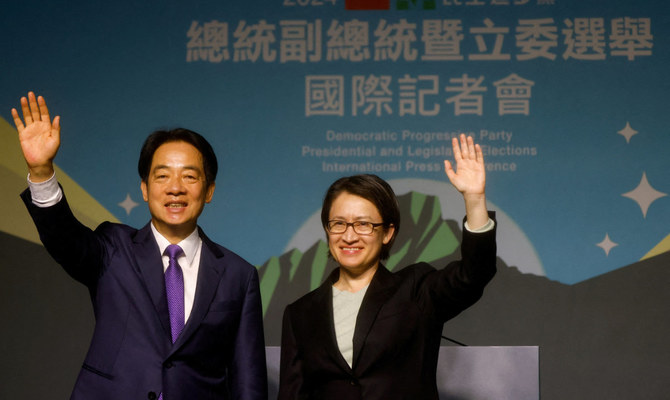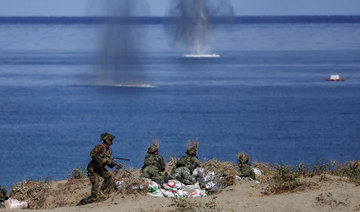DHAKA: Argentina reopened its embassy in Dhaka on Monday, marking a new chapter in diplomatic relations that developed after Bangladesh’s huge support for the Argentine football team at the 2022 Qatar World Cup.
Bangladeshi football fans’ support for Argentina made headlines during the Qatar World Cup, bringing closer not only fans of the sport from both countries but also their governments. Hundreds of thousands of Bangladeshis wore Argentina shirts as they watched the team on giant screens set up around their country.
Argentina’s Foreign Minister Santiago Andres Cafiero was welcomed Dhaka on Monday by his Bangladeshi counterpart A.K. Abdul Momen.
“We are happy to reopen the embassy in Bangladesh. The emotions for football reunited both countries. For this, I thank the people of Bangladesh,” Cafiero said following an inauguration at the new Argentine embassy.
“Our bilateral relations will be stronger. Both countries will work together to overcome global economic challenges. We will work together also for the development of football in Bangladesh.”
Momen said that Argentina's blue and white flag was beloved across Bangladesh. “This flag is very popular because of you know the football championship. Messi is in the heart of everyone,” he said, referring to Lionel Messi.
The reopening of the Argentine embassy took place 45 years after Buenos Aires closed its direct diplomatic representation in 1978, only six years after establishing official ties with Dhaka.
Bangladesh has an ambassador to Argentina in Brazil, while Argentina previously maintained an ambassador to Bangladesh in New Delhi.
The countries signed several agreements as part of Cafiero’s visit, including one on football cooperation.
“We can say that our love for Argentine football accelerated the opening of the Argentine embassy in Dhaka,” Muhammad Mozammel Haque, director general of the Foreign Ministry’s South America wing, told Arab News. “The last World Cup brought the two nations very close.”
“Under the football cooperation agreement, Argentina will provide training to Bangladeshi coaches and young footballers,” Haque said.
Abdus Salam Murshedy, a politician and senior vice president of the Bangladesh Football Federation, said that football cooperation with Argentina was a “very special moment”.
“Argentina is the defending football champion, and there are millions of fans in our country. Since they love football, they love Argentine football,” Murshedy told Arab News. “We will have all the technical support from them for developing the quality of football in Bangladesh.”
The renewal of ties will also help boost Bangladesh’s top export industry: textiles. Bangladesh is already a global major producer of sportswear and a supplier for international brands such as Nike, Adidas and Puma.
“Very easily, our manufacturers will be able to export jerseys for the Argentine football team and fans as well,” Murshedy said. “The new Argentine mission in Bangladesh will increase our textile export potentials to this market.
“Earlier, they didn’t have much idea about Bangladesh. The Bangladeshi football fan base for Argentina amazed them at the last FIFA World Cup,” he added. “We have been waiting for a long time for such an auspicious moment.”




